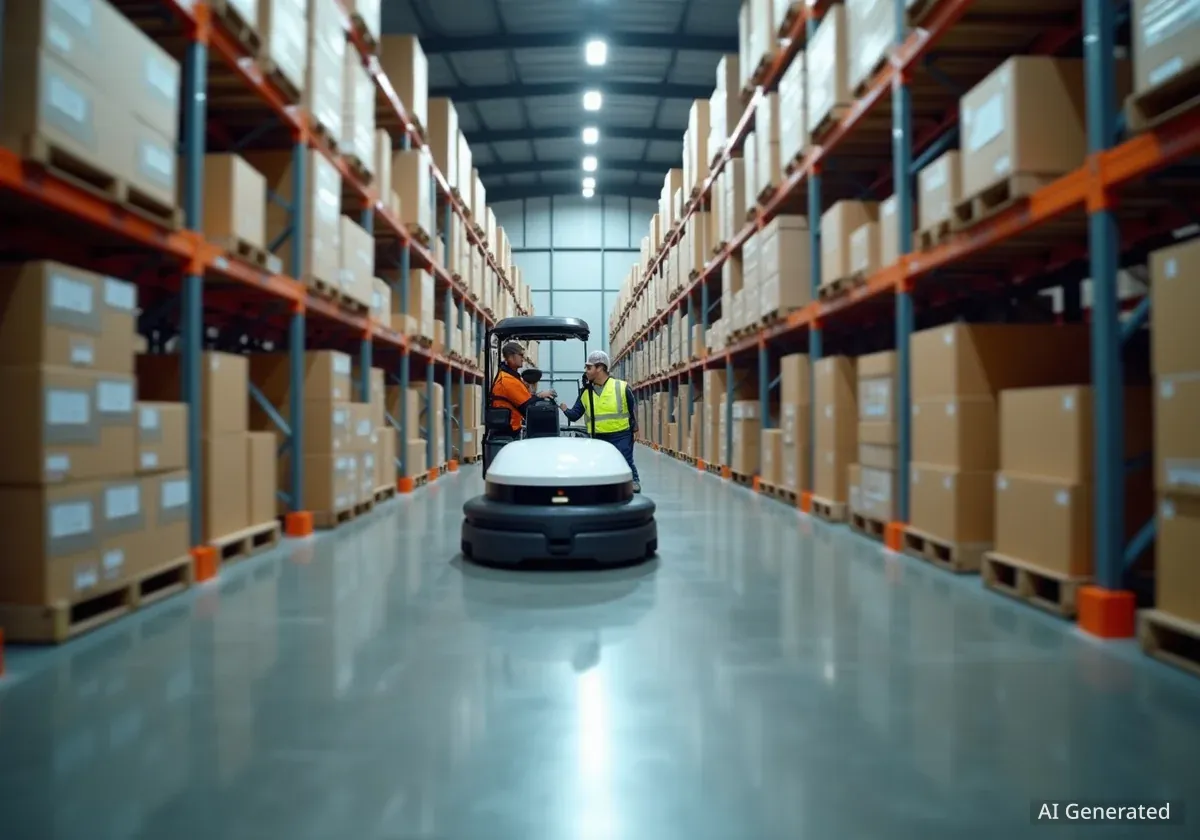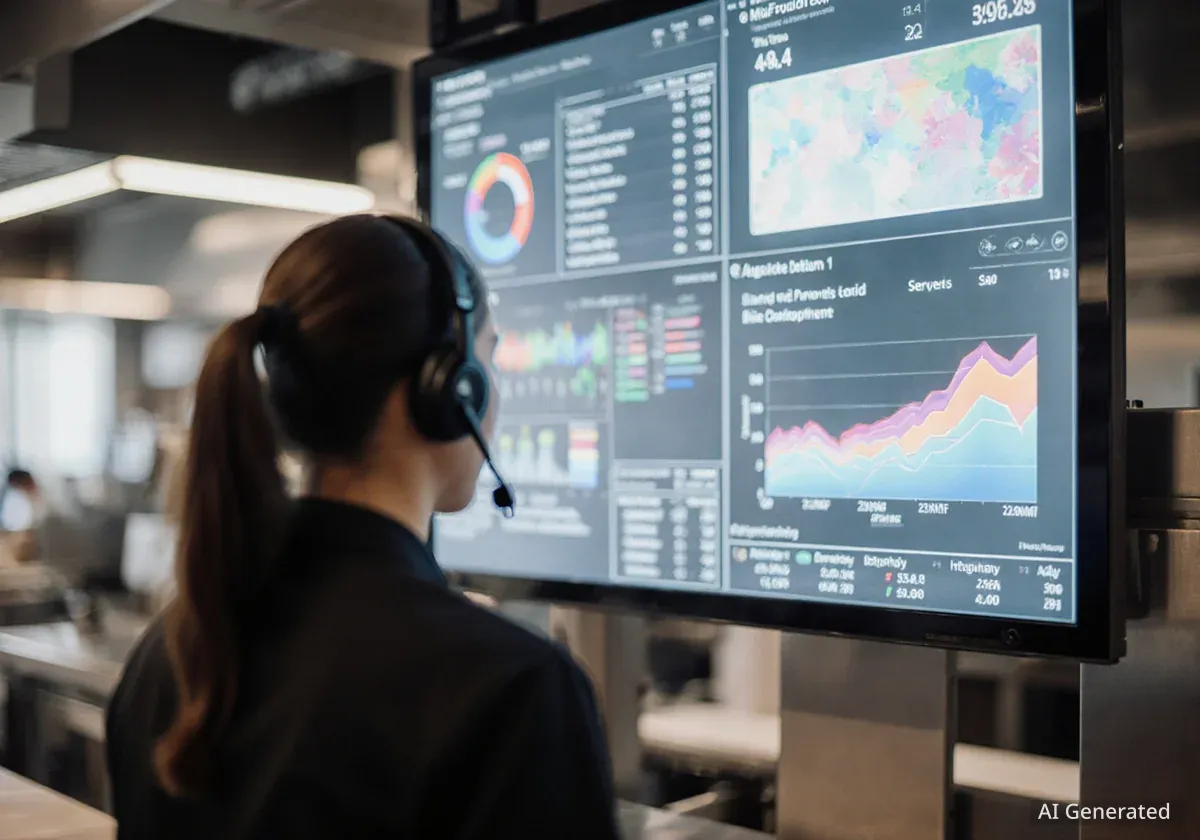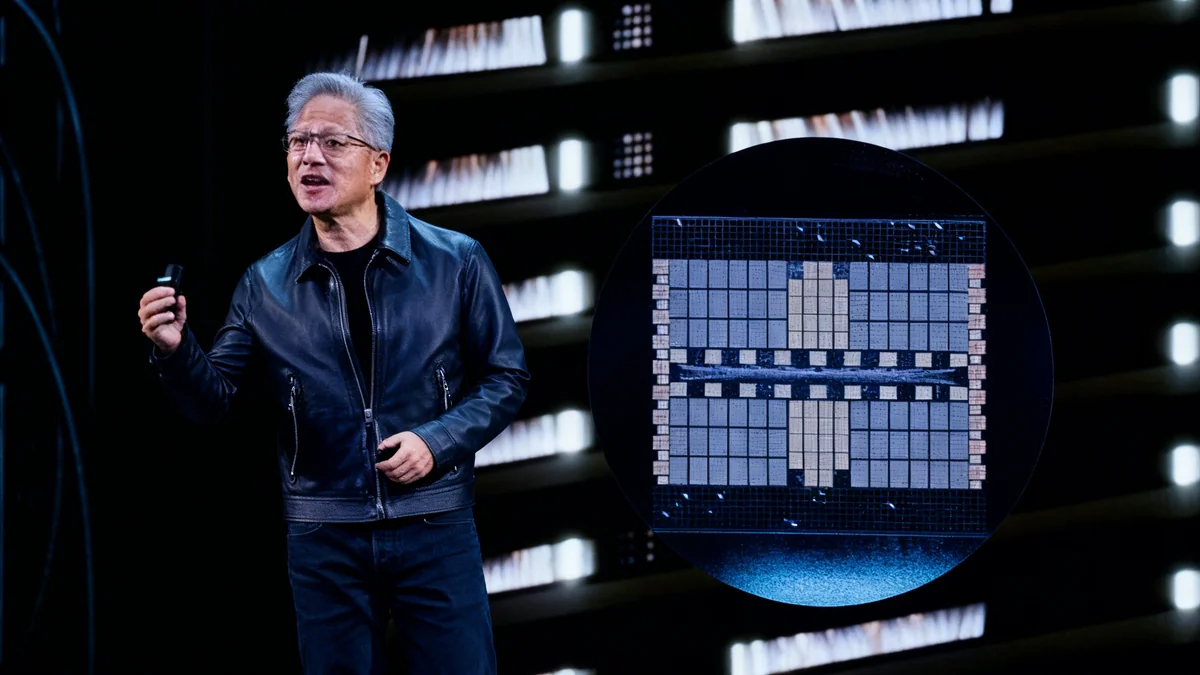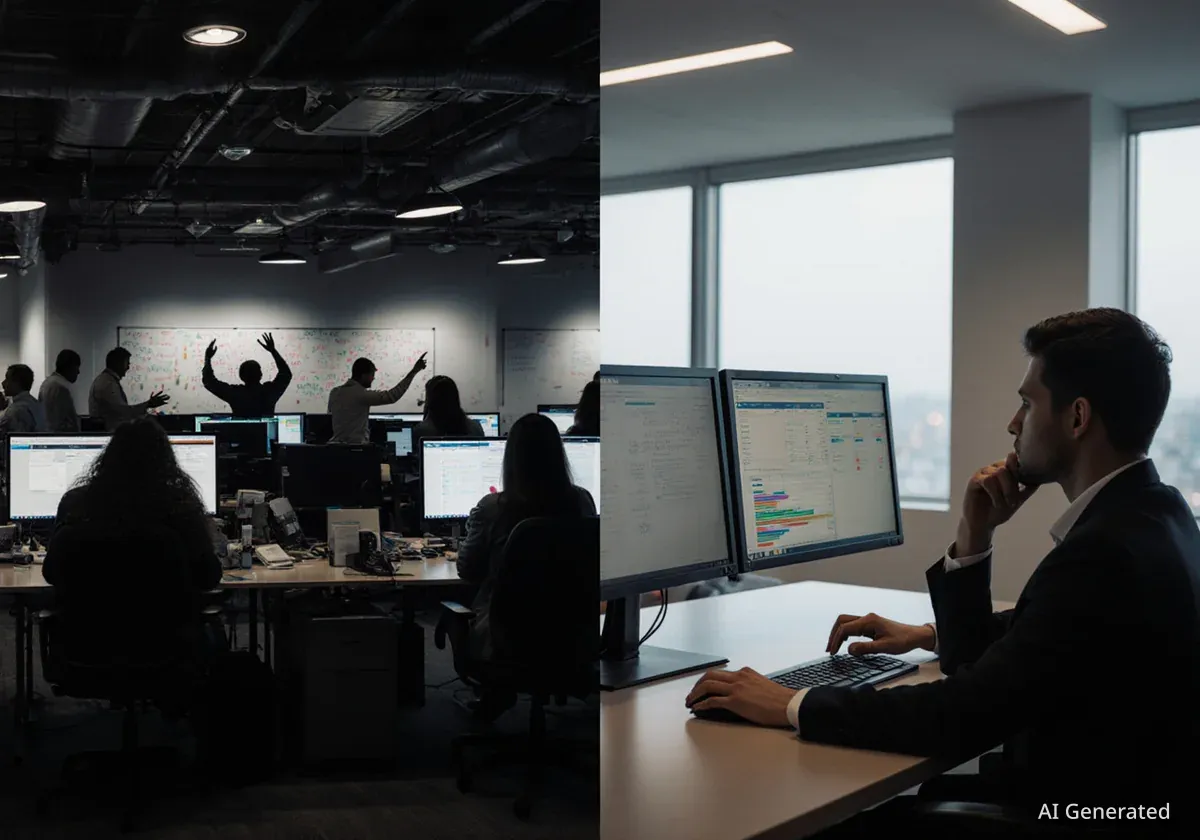A new class of artificial intelligence, known as agentic AI, is beginning to reshape major industries by moving beyond data analysis to autonomous decision-making. Companies in pharmaceuticals, retail, and enterprise technology are now deploying these systems to manage complex workflows, while innovative firms like Misfits Market are fundamentally changing grocery logistics with a similar focus on efficiency and technology.
Key Takeaways
- Agentic AI systems, capable of independent reasoning and action, are being implemented in sectors like pharmaceuticals, retail, and workplace technology.
- Technology firms including Peak and Cisco are releasing products that enable AI agents to automate complex commercial decisions, not just provide analytical insights.
- Misfits Market has transitioned from a niche seller of imperfect produce into a comprehensive online grocery and logistics company.
- Inspired by Amazon's playbook, Misfits Market is developing a B2B service called "Fulfilled by Misfits" to monetize its specialized perishable supply chain.
The Rise of Agentic AI in Business Operations
Agentic AI represents a significant evolution in artificial intelligence. Unlike previous systems that primarily processed data and offered recommendations, these new AI "agents" are designed to understand a goal, reason through potential steps, and take autonomous actions to achieve the best possible outcome.
This shift moves AI from a supportive tool to an active participant in business operations. Industries are exploring how these systems can handle intricate, multi-step processes that traditionally require constant human oversight.
Pharmaceuticals as a Testing Ground
The pharmaceutical industry is viewed as an ideal environment for agentic AI. According to an article in Pharmaceutical Technology, the sector's vast datasets and complex, process-heavy workflows make it a prime candidate for AI agents that can coordinate research and development tasks.
The publication notes that success will depend on a holistic strategy. Deploying isolated AI tools is not enough; companies must foster collaboration across disciplines and establish adaptive governance to build trust in these multi-agent systems. The goal is to create an ecosystem where AI agents can continuously learn and improve their performance based on new information.
"The whole point of an agentic AI system is to deliver an end goal in the best way possible, empowered to choose how best to do that — drawing on and extrapolating from everything available to it," the article states.
Transforming Retail and Manufacturing
The impact of agentic AI is also being felt in retail and manufacturing. Technology company Peak recently launched a suite of agentic AI solutions designed to make enterprise operations more autonomous. These products are already in use by companies such as Hain Celestial and Speedy Hire.
The new tools include Agentic Merchandising, Agentic Inventory Management, and Agentic Commercial Pricing. According to a report in CustomerThink, these systems are engineered to predict outcomes, make decisions, and execute actions across key commercial functions without direct human intervention.
From Insight to Action
Unlike earlier AI systems that focused on generating reports and dashboards for human review, Peak's agentic solutions are designed to perform real-time optimization and self-directed decision-making, marking a significant step toward operational autonomy.
Richard Potter, CEO of Peak, explained the motivation behind this technology. "Businesses are under enormous pressure to adapt quickly to growing operational complexity, market volatility, changing demand and supply chain disruptions," he said. "Our agentic AI solutions give our customers the ability to optimize and automate every complex commercial decision in their business."
Redefining the Modern Workplace
Cisco is also integrating agentic AI to shape the future of work. Anurag Dhingra, a senior vice president at the company, described Cisco's "Connected Intelligence" approach, which aims to link people, AI systems, and infrastructure.
By embedding AI agents capable of running infrastructure autonomously, Cisco intends to free IT teams from routine maintenance. This allows employees to concentrate on higher-value activities like innovation and collaboration. Dhingra’s vision positions agentic AI not as a replacement for human workers but as a partner that augments their capabilities.
"Connected Intelligence is people and AI working in harmony, transforming how we work, connect and create," Dhingra stated. "Our vision... is seamlessly linking people and AI to make work more meaningful, productive and human."
Misfits Market Rewrites Grocery Logistics
While agentic AI reshapes digital workflows, online grocery company Misfits Market is applying technology to overhaul physical supply chains. The company, which began by selling cosmetically imperfect produce, has expanded into a full-service online supermarket.
Abhi Ramesh, the founder and CEO, explained that the company's mission has broadened significantly. "We’re ultimately trying to build a new type of grocery store online," he told PYMNTS. "Today Misfits looks and feels like an online grocery store. It has a couple of thousand different items from produce to meat, seafood, deli, dairy, pantry staples, prepared meals, [and] beverages."
A Business Model Built on Inefficiency
Misfits Market's strategy is centered on capitalizing on supply chain inefficiencies. The company works directly with farmers and manufacturers to acquire inventory that traditional retailers often reject. This includes items with minor cosmetic flaws, outdated packaging, or mislabeled products.
Using forecasting tools, including AI for short-dated goods, the company determines which products to purchase and how to sell them quickly. This model turns potential waste into value for consumers. The company has also expanded into non-food categories, such as household cleaning products with an emphasis on safer ingredients and less waste.
The "Pro-Entropic" Advantage
Abhi Ramesh notes that the Misfits Market model thrives on market disruption, a concept one investor termed "pro-entropic." Supply chain chaos caused by factors like tariffs or volatile weather creates "transition" inventory that traditional retailers avoid but Misfits can efficiently acquire and sell.
Building a Logistics Powerhouse
A key part of the company's evolution is the development of its own back-end infrastructure. Having raised approximately $500 million, Misfits Market built its own enterprise resource planning (ERP), warehouse management (WMS), and inventory systems from the ground up.
This investment has enabled the company to create a sophisticated logistics network for perishable goods. Now, Misfits is beginning to commercialize this infrastructure, following a path similar to Amazon's. The B2B service, internally named "Fulfilled by Misfits" (FBM), allows other businesses to use its specialized warehouses and delivery network.
Ramesh anticipates that while the consumer grocery business will remain the primary source of revenue, higher-margin services like FBM will be a significant driver of profitability, much like Amazon Web Services (AWS) became for Amazon.
Growth and Strategic Acquisitions
The company's customer base is also changing, with significant growth in suburban and exurban areas where access to organic and specialty products may be limited. To meet demand, Misfits has scaled its physical footprint to nearly 1 million square feet of refrigerated and frozen warehouse space and operates a fleet of 300-400 vehicles.
Strategic acquisitions have accelerated this growth. Misfits Market acquired competitor Imperfect Foods in November 2022 to move closer to profitability. More recently, it acquired The Rounds, a company specializing in reusable packaging, to advance its own circular logistics program.
- The company reports it has saved more than 228 million pounds of food from going to waste.
- It has delivered $155 million in "rescue revenue" back to farmers and food producers.
By integrating grocery sales, B2B logistics, and a developing retail media business, Misfits Market is positioning itself as a modern commerce platform rather than just an online grocer. "Using the Amazon analogy, it still feels like day one here for us," Ramesh concluded.





